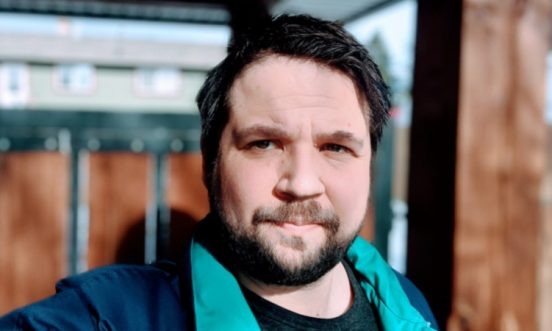By Brad Sampson
Last week I had coffee with a veteran of the Cannabis industry. Darren has spent the last thirteen years working in illegal grow operations. “I’ve never been busier. Most dispensary’s charge ten bucks a gram and my guys charge five”. Darren sells all his product to illegal dispensaries which operate openly on the internet. Grinning ear to ear, Darren states, “Getting busted is the last thing on my mind these days.”.
Throughout the 90’s and early 2000’s “BC Bud” was a collectively owned brand. B.C. was well known for its position within the illegal cannabis market. However, the province has struggled to develop a foothold within the legal market. As reported by Statistics Canada, B.C has the fewest legal sales and has the second-lowest number of legal cannabis dispensaries per capita.
More than a year following legalization, there are only four dispensaries split between Kelowna and West Kelowna. In contrast, Lethbridge Alberta is currently home to eleven dispensaries. With a population of 92,700, Lethbridge is also a significantly smaller market than Kelowna. Alberta has become the province with the highest number of retail operations. Statistics Canada suggests that it is “the administrative and operational steps required to establish a cannabis retail store” within B.C that is the cause of its slow growth.
The red tape associated with starting a legal dispensary has drastically increased the cost of legal cannabis in contrast to illegal cannabis. Brock University Professor Michael Armstrong agrees with this assessment, suggesting that unlike other provinces, “B.C has many experienced consumers that [before legalization] already had a product they liked” and at a price point far lower than what is being sold by the dispensaries. Statistics Canada reports that as of October 2019, the average price of legal cannabis per gram was 11.85 in BC. In contrast, the average price for illegal cannabis has dropped to 5.73 per gram.
The solution to this problem is clear, as stated by Armstrong, “if provincial governments are going to compete [with illegal markets] they have to bring down their price per gram.” Armstrong suggests that one way to do this is to reform the excise tax. Currently, there is a minimum of a 1.00 per gram excise tax on retail cannabis. Armstrong suggests this tax particularly influences the price of cannabis and contributes to cannabis being sold at low quantities.

 Follow
Follow



